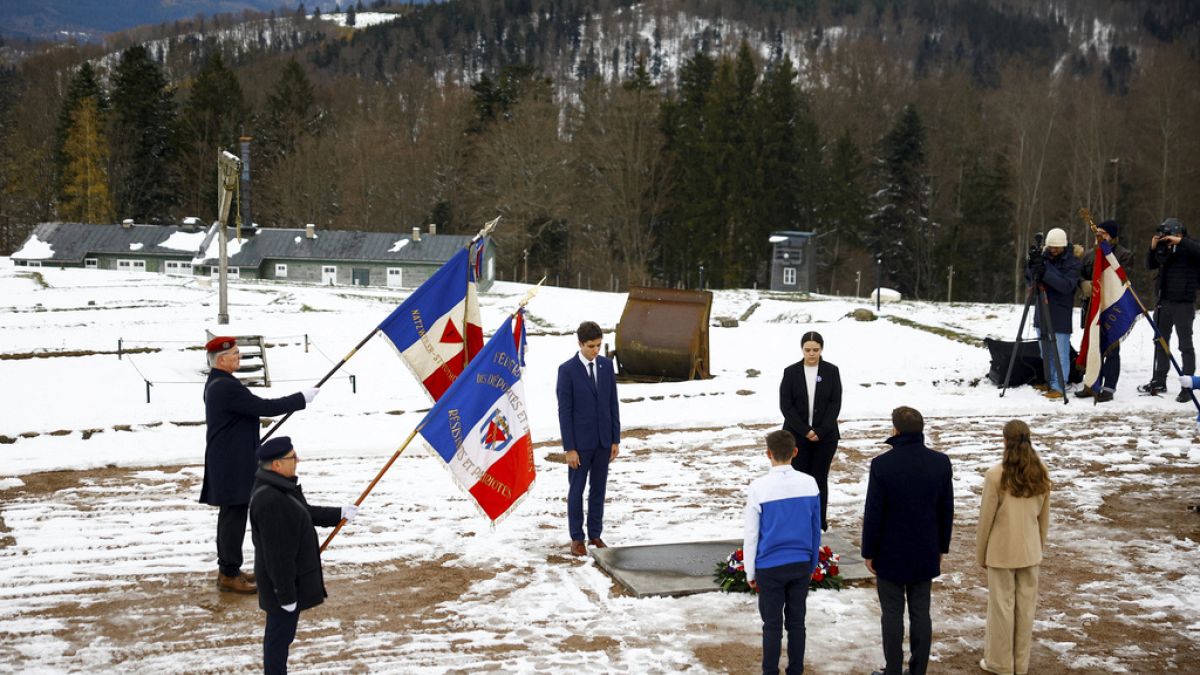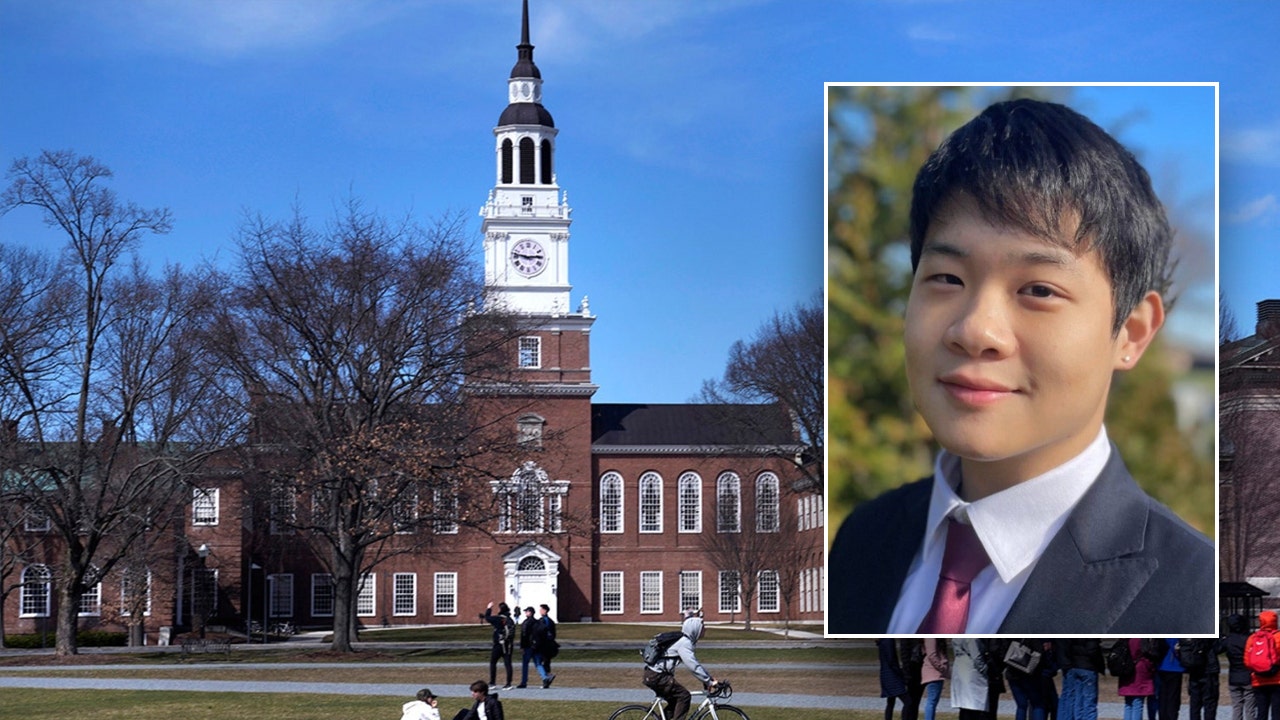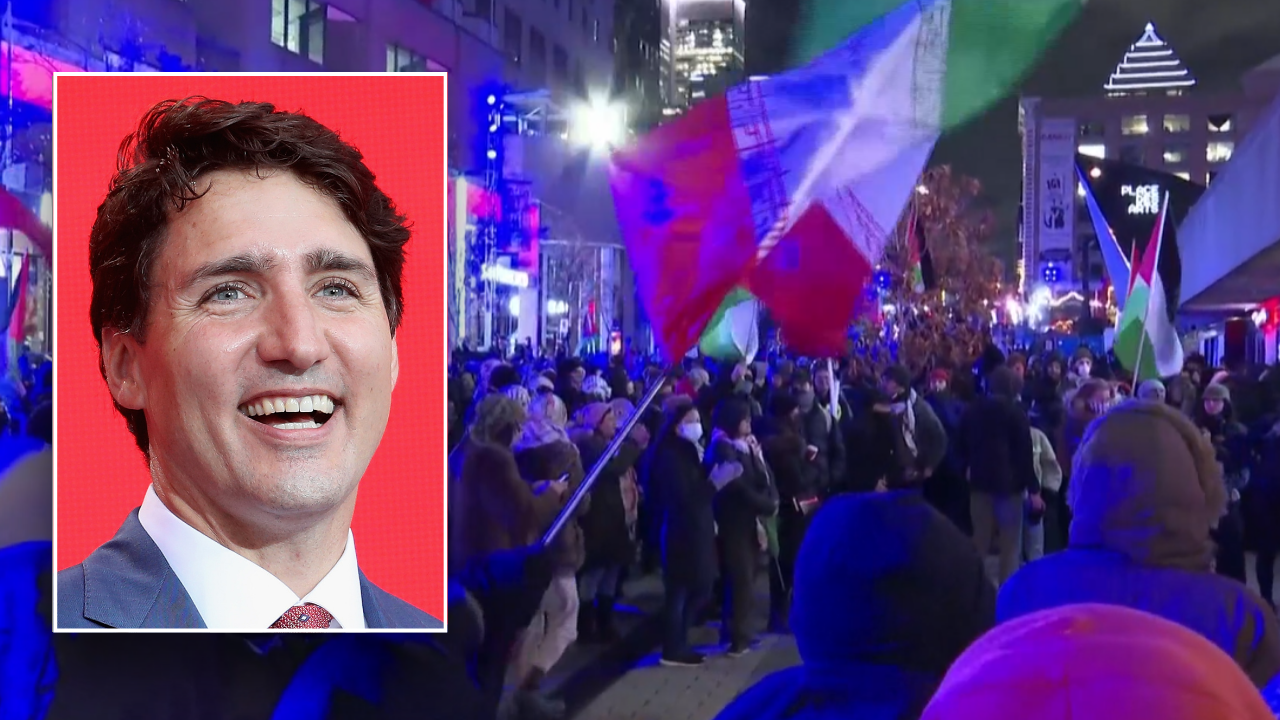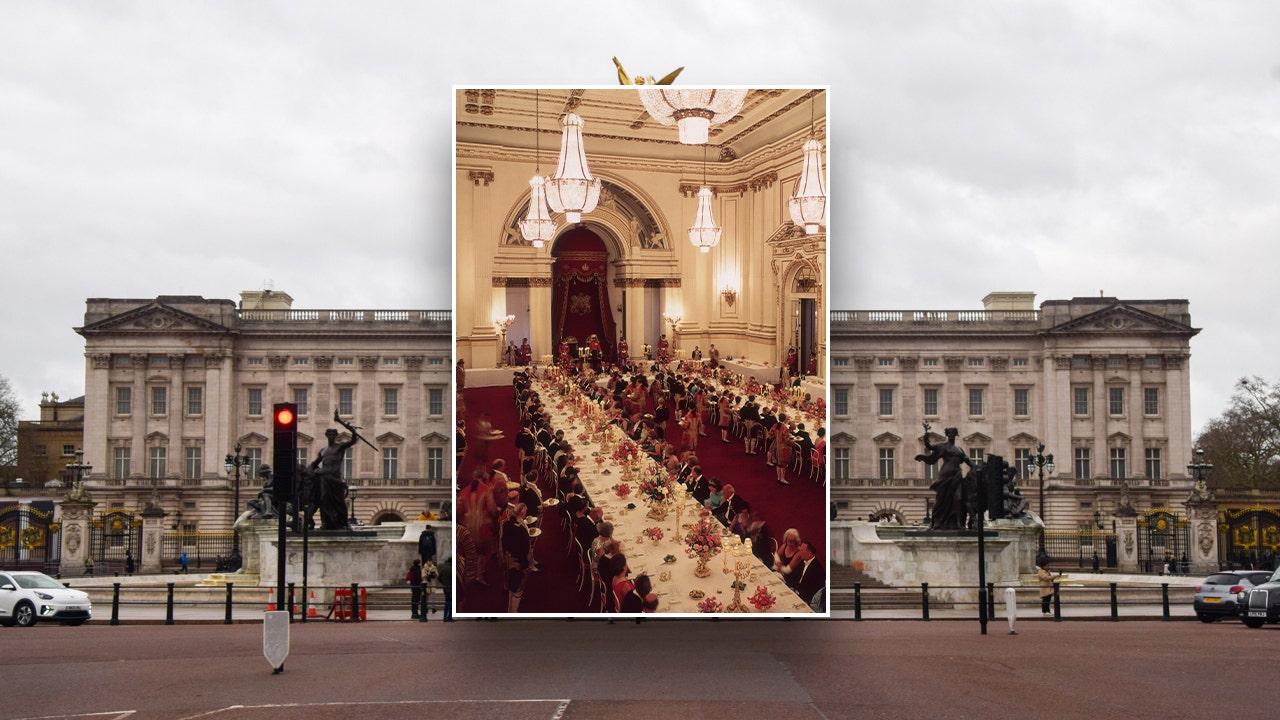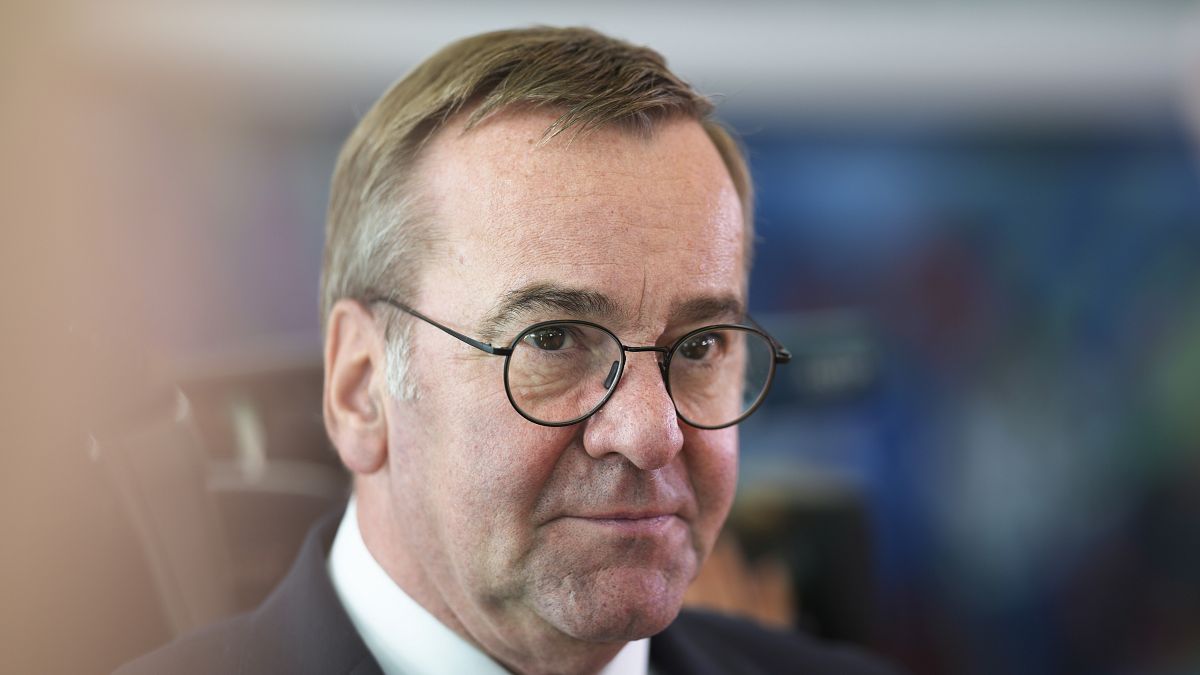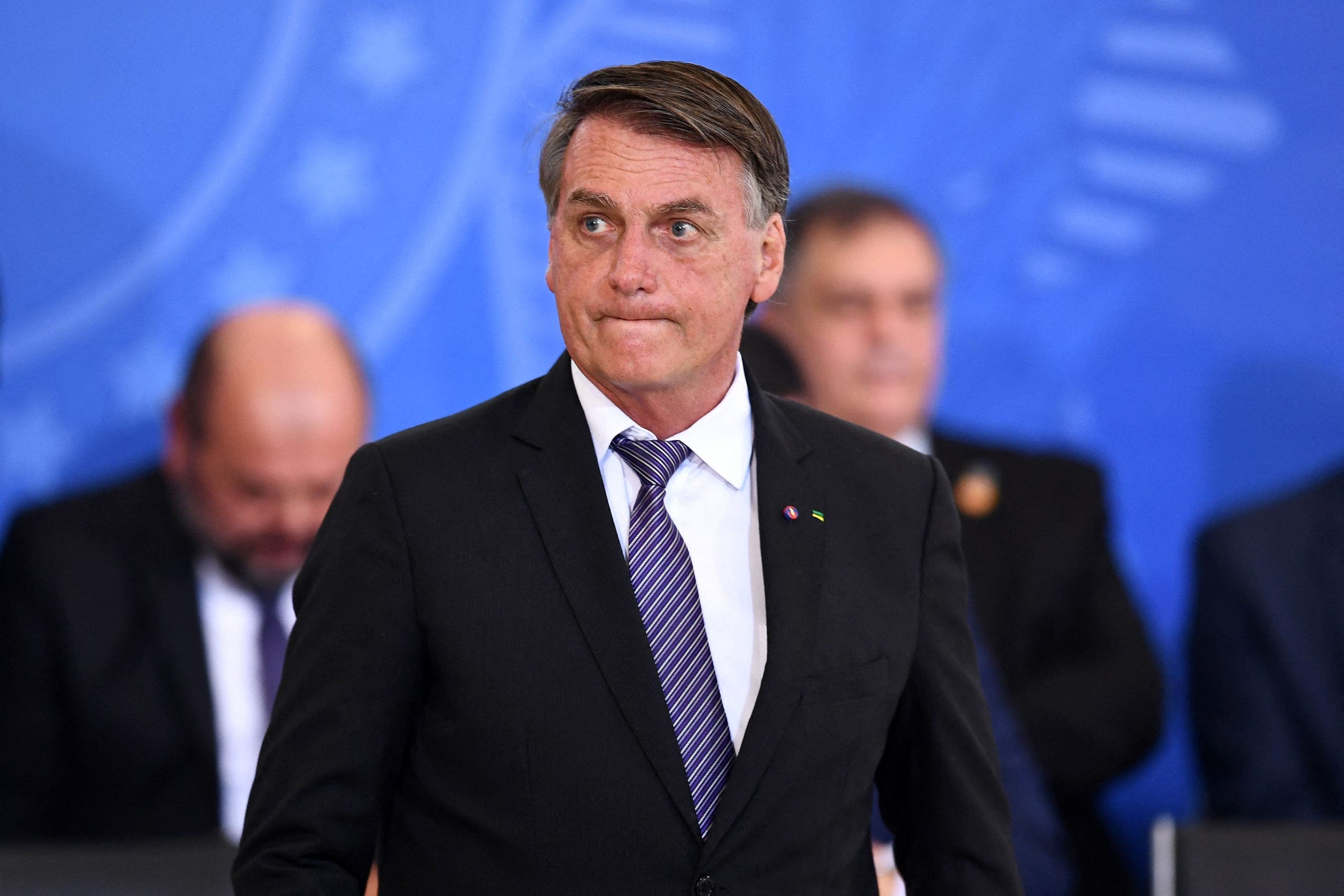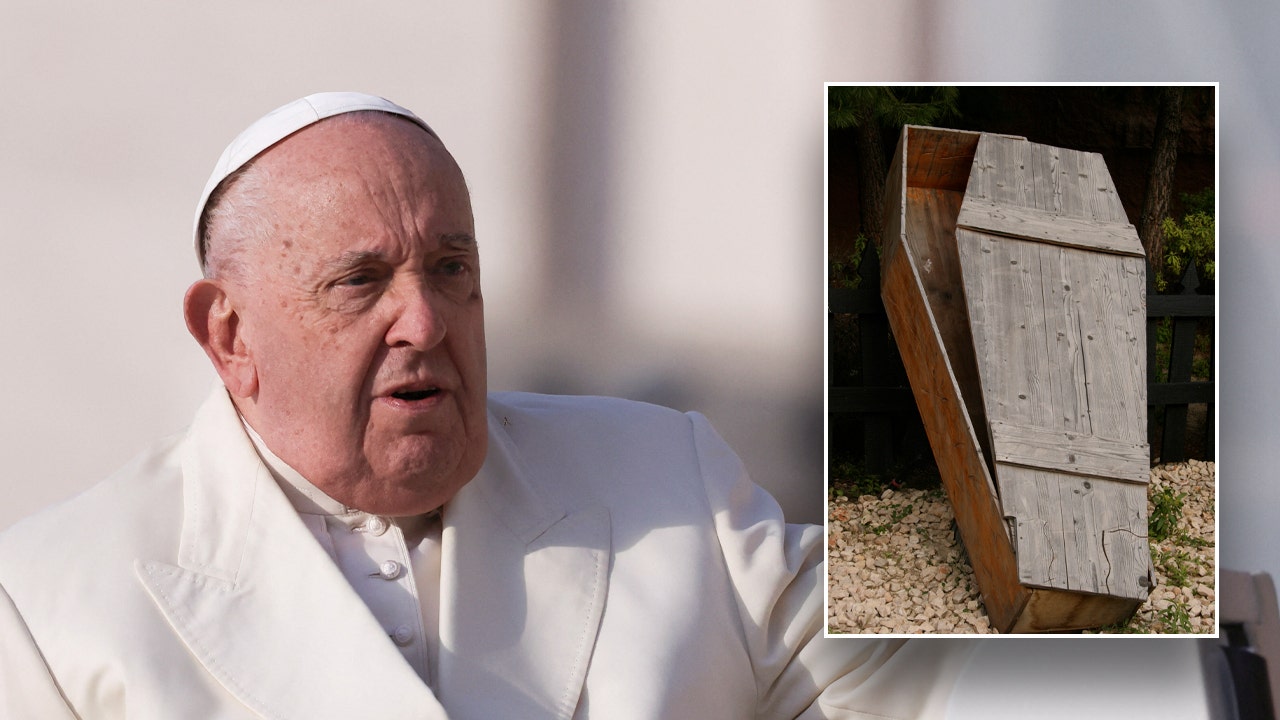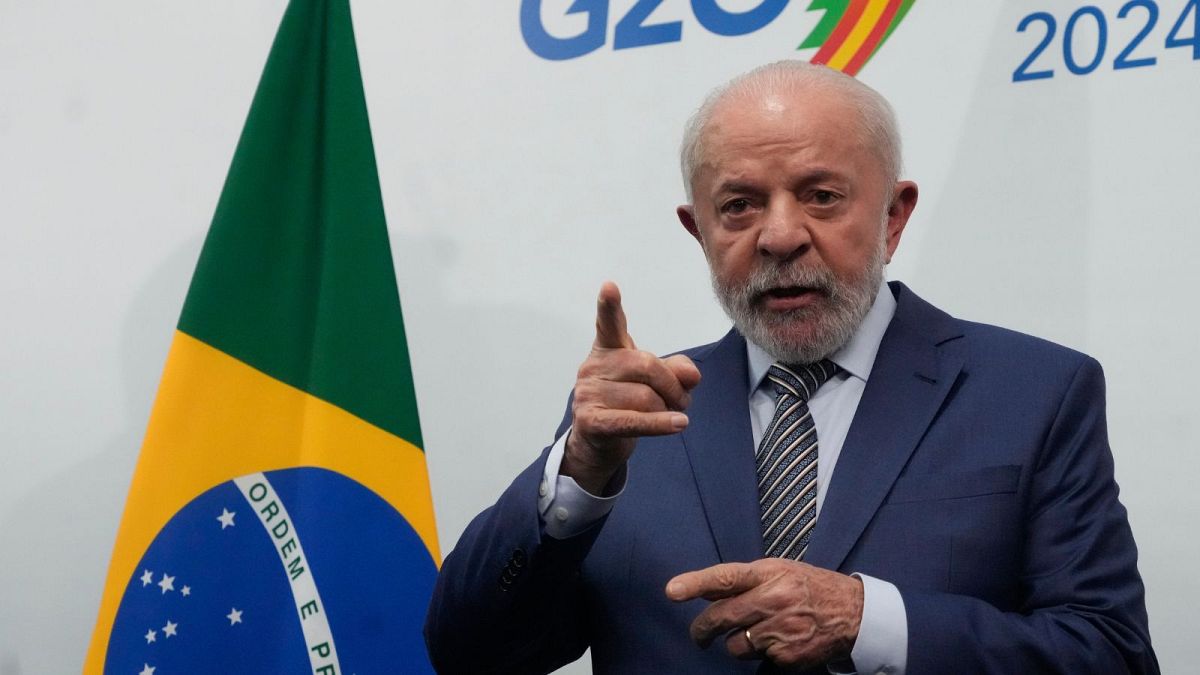German Chancellor Olaf Scholz welcomed French President Emmanuel Macron in Berlin on Wednesday. During Macron’s fourth visit to Germany this year, the French leader voiced concerns over the future of Europe.
French President Emmanuel Macron discussed Chinese electric vehicle (EV) tariffs, escalating tensions in the Middle East and the future of Europe in a visit to Berlin with German Chancellor Olaf Scholz.
Scholz underlined the need for a ceasefire amidst spiralling tensions between Israel and Iran in the morning at the Chancellery, where Macron vowed to support Israel by increasing the presence of the French military in the Middle East.
Macron warned that the European Union is in a very precarious situation and could face trouble if it didn’t deepen its single market and resolve “fragmentation”, in a speech given at the Berlin Global Dialogue Conference on Tuesday.
He said the EU would have to implement a rescue plan in five to 10 year’s time if it didn’t act soon in terms of reforming regulations.
The two strongest economies in Europe disagreed on how to move forward with Chinese electric vehicle (EV) tariffs.
Macron said he supports the EU’s plans to introduce tariffs of up to 45% on Chinese EVs, whilst Scholz expressed his hesitation.
German carmakers, including the multinational Mercedes Benz Group, have expressed their concern that the tariffs could lead to China retaliating with countermeasures that could upset the car industry — upon which the German economy is heavily dependent.
Scholz has generally campaigned for open dialogue with China, having to content with a strong lobby of German carmakers that have expressed their desire for Germany to vote against additional import levies at a vote planned between European member states on 4 October.
Elsewhere during their meeting, Macron said that the EU needed to prioritise defence, security and “accelerate the ability to innovate” as it risks being left behind world powers such as China and the US.
He maintained that Europe’s current budget isn’t efficient, and that the continent needs to advance further with the green energy transition or risk further economic stagnation.
As Scholz grapples with dismal approval ratings, many question whether his bid for re-election would be successful in federal elections scheduled next year.
The leaders also co-ordinated on issues prevalent at the next mid-October European Council meeting, according to a Federal Government press release.
Read the full article here



